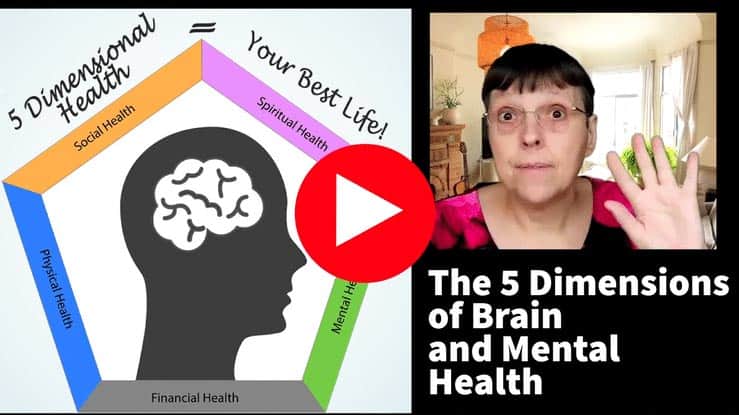Am I Sleep - Deprived and Tired - or Could I Be Depressed?

Anytime we can’t sleep or don’t sleep enough, no matter what the cause, leaves us tired and often in a bad mood.
But what is the difference between being tired and fatigued because you are sleep-deprived – or depressed?
.
Symptoms of BOTH sleep deprivation and depression:
- Fatigue
- exhaustion,
- irritability,
- lack of motivation,
- anxiety and
- tearfulness
Those symptoms can all occur as a result of sleep deprivation – and also of depression. No wonder people are confused as to what to do!
And often, people who are labeled with insomnia will also get the label depression over time…
How can you know the difference?
The average adult needs between 7 and 8 hours of sleep per night.
If we incur an ongoing sleep debt each night, we typically feel sleepy in the daytime.
But other symptoms of sleep deprivation can include:
- Excessive yawning
- Forgetfulness
- Clumsiness
- Feeling "fuzzy" or unfocused
- Greater appetite
- Dulled sex drive
- Irritability

On the other hand, symptoms of depression often involve:
- Consistent trouble sleeping, or sleeping too much
- Significant weight loss or gain
- Agitation
- Feelings of worthlessness
- Excessive guilt
- Trouble thinking or concentrating
- Trouble making decisions
- Recurrent thoughts of death or suicide
Depression - as can chronic fatigue syndrome can make it hard to function at all. Even dragging yourself out of bed in the morning to the coffee machine or having a shower can seem like an unsurmountable obstacle.
Depression also cannot be cured by a good night’s sleep. It typically lasts more than two weeks and involves a severe loss of interest, joy and functioning.
So what can we do about it?
Sometimes sleep just doesn't help. Depression really is just a symptom of one or many underlying causes. It is like “chest pain” of the mood that needs to be investigated and addressed to be resolved.
You may need to change the way you eat, discover toxins or infections, allergies or other causes.
If you are depressed, often you will be prescribed medication or counseling. That can be very helpful, but is often just a band-aid fix and doesn’t lead to a lasting or full recovery.
I developed a process to AIM for Brain Health:
A – Assess ( Find the root causes of your depression)
I – Intervene (Eliminate and address the causes)
M – Maintain (Develop your individual maintenance program to stay well for good)

